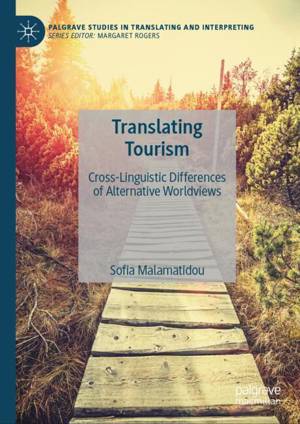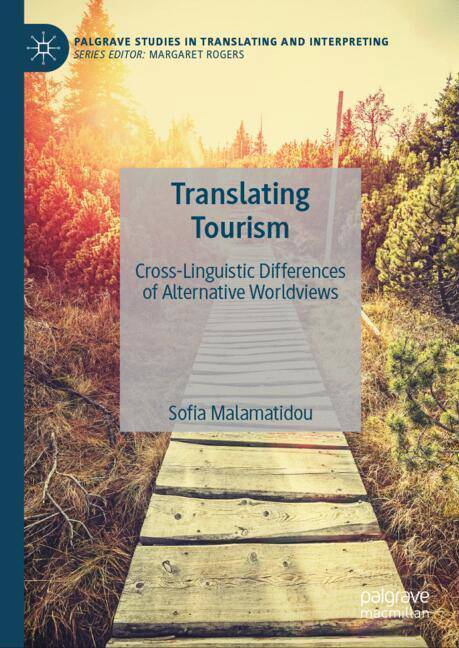
- Retrait gratuit dans votre magasin Club
- 7.000.000 titres dans notre catalogue
- Payer en toute sécurité
- Toujours un magasin près de chez vous
- Retrait gratuit dans votre magasin Club
- 7.000.000 titres dans notre catalogue
- Payer en toute sécurité
- Toujours un magasin près de chez vous
Description
This book provides a large-scale empirical multilingual study of crosslinguistic differences in the language of destination promotion. The book explores how tourism texts are negotiated in translation, and how the translated texts reflect and reconcile different worldviews, that of the destination population and that of the tourist. Using the 2-million-word TrAIL (Tourism Across and & In-between Languages) corpus, which includes examples from official tourism websites in English, French, Greek, and Russian as well as translations between these languages, the author explores the differences in the key linguistic means used in destination promotion and what these linguistic choices can tell us about how these societies view the world around them differently. The book's interdisciplinary focus makes it relevant to not only practising translators, but also students and scholars interested in issues surrounding tourism, promotion, and translation, as well as destination promoters who want to better understand the role that language and translation play in tourism promotion.
Spécifications
Parties prenantes
- Auteur(s) :
- Editeur:
Contenu
- Nombre de pages :
- 334
- Langue:
- Anglais
- Collection :
Caractéristiques
- EAN:
- 9783031493485
- Date de parution :
- 30-06-24
- Format:
- Livre relié
- Format numérique:
- Genaaid
- Dimensions :
- 148 mm x 210 mm
- Poids :
- 576 g







